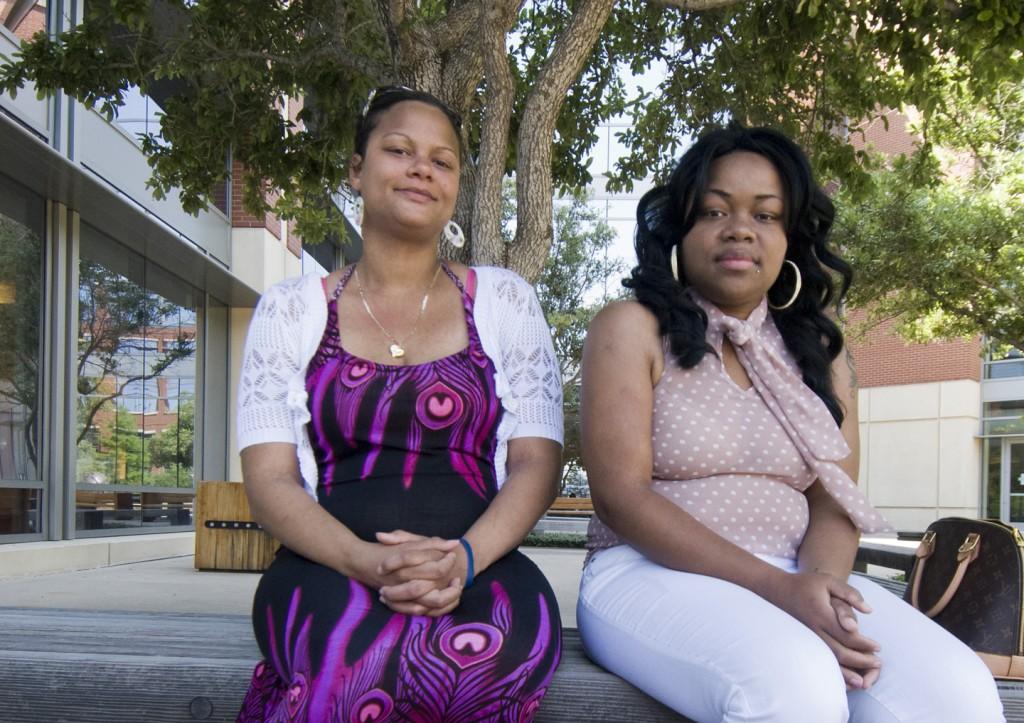By Miranda Workman/reporter
A new degree program in composites manufacturing — Advanced Material Technology — will begin next fall on NW Campus.
“Composites manufacturing is a combination of two or more materials that, when combined, exhibit properties superior to those of the individual materials,” said Jason Ramos, assistant professor of aerospace technology. “For example, take mud and add straw to it. That will make a brick, and a brick is stronger on its own than mud or straw is.
“We need composites manufacturing for aerospace, automotive, power generation, recreation and just because they represent superior strength for their weight and are more flexible.”
Ramos said the program stems from a $1.8 million grant to retrain traditional aerospace workers.
The idea behind the grant, he said, was to “take the aerospace workers and retrain them to build airplanes and airplane parts using up-to-date technology along with new materials and techniques.”
The grant was split in half, one half going to the TCC Opportunity Center and the other to the NW Campus aerospace area.
“TCC put together a local advisory group with members from Lockheed, Triumph and Bell Helicopter and queried them on what they need as far as technicians go, both on the repair side and the manufacturing side,” Ramos said. “They gave us some ideas, and we worked them in and also built those ideas around what we already had.”
The resulting curriculum, he said, is based on local industry needs and a global industry consensus.
“It’s a big deal for those people who know about the program, and others that don’t know about it really don’t care,” Ramos said.
“Composites isn’t really a sexy thing. We’re talking about fibers and some kind of glue.”
Ramos said the composites program leads to level-one certification with six classes offered — half directly related to composites and half to the industry itself.
NW Campus will administer the program and will offer three classes: Aircraft Composites, an introductory class; Plastics, a manufacturing class; and Advanced Composite Repair.
South Campus will offer the other classes: Industrial Safety, Manufacturing Materials, and Sketch and Blueprint Reading.
The new program is not to be confused with the non-credit composites course already offered through TCC’s continuing education division.
“There is a composites class run by Bell Helicopter that is offered through CE, but it is specific to their particular industry,” Ramos said.
“They’re running their future employees through the class — 1254 Aircraft Composites — and it is pretty much locked up solid with their people, not a general class that people can take.”
Ramos said the area has a number of composites manufacturing companies, and he believes a degree from this new program could give graduates a good chance at jobs.
“There is a shortage of repair technicians both in the aerospace and alternative energy fields,” Ramos said. “Generally speaking, 80 percent of manufacturers have a shortage of trained employees and a surplus of untrained employees.”
Level-one certification means students can go right into the industry after completing the program, Ramos said.
“What they’re doing right now, the companies, is having to hire their people, send them to school for two to three weeks,” he said.
“Therefore, they’re not getting immediate profit. The goal of TCC is to provide the initial training of basics so employees can take them in and train them on the specific needs of the company.”



























